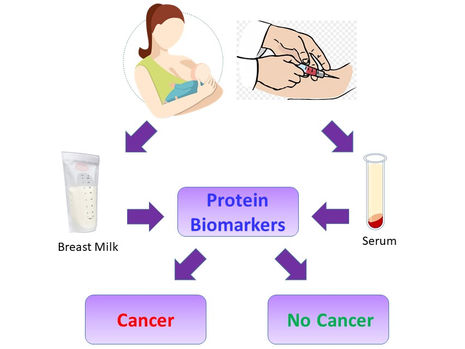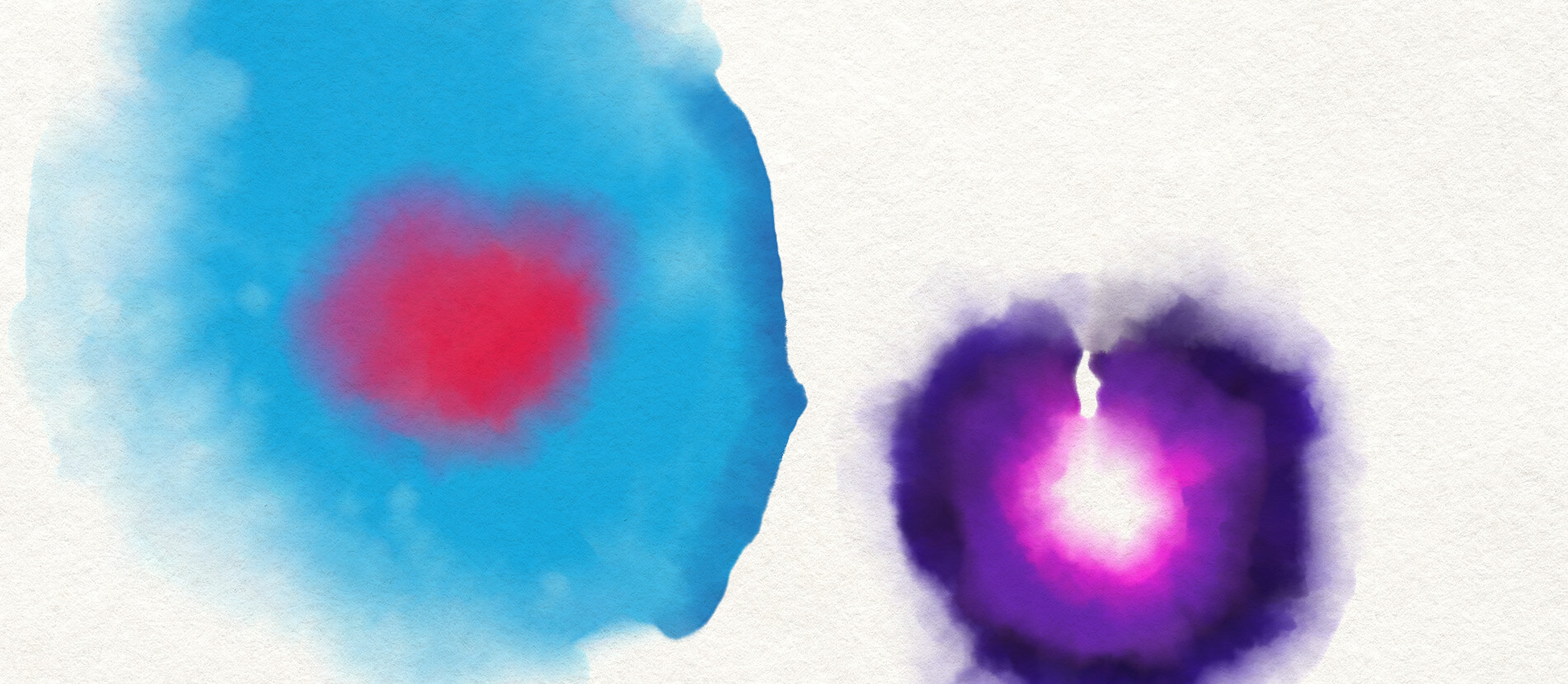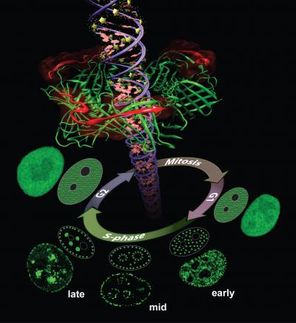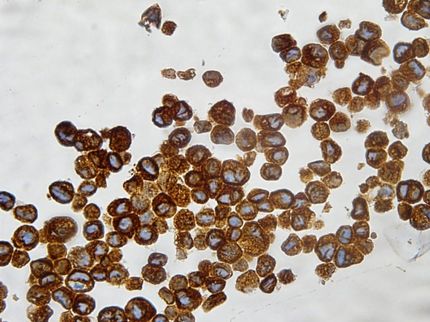Scientists identify cancer biomarkers in breast milk
Proteins could one day allow breast cancer screening to be done with a blood test
A simple blood test for women of all ages and risk levels could one day be possible thanks to a new set of protein biomarkers that researchers identified using breast milk.

A newly identified set of protein biomarkers could allow breast cancer screening in breast milk or blood serum.
Danielle Whitham, Clarkson University
“Although mammograms are a useful tool for catching breast cancer early, they aren’t typically recommended for low-risk women under 40,” said Danielle Whitham, a doctoral candidate at Clarkson University in New York. “Because the biomarkers we found in breast milk are also detectable in blood serum, screening could potentially be done in women of any age using blood or breast milk.”
The newly identified biomarkers are for a specific type of cancer called invasive ductal carcinoma (IDC), one of the most common types of breast cancers. However, the researchers say that their approach could be used to identify biomarkers for other types of breast cancer.
“If our future studies are successful, it could change how women are monitored for breast cancer and aid in earlier diagnosis,” said Whitham. “This could even lead to a higher survival rate in women.”
“We used breast milk because it contains proteins, epithelial cells and immune cells, all of which provide a great deal of information about what is happening in a woman’s body during a crucial time in breast development,” said Whitham.
For the study, breast milk samples were obtained from three women diagnosed with breast cancer and three women without cancer. Using liquid chromatography with tandem mass spectrometry, the researchers compared the relative levels of certain proteins between the two groups to identify differences in the women with cancer. The analysis revealed 23 proteins that were dysregulated. All the proteins that showed differences were previously shown to play a role in cancer or tumor development.
Now that the researchers have identified a biomarker set, they plan to confirm it with a larger group of women. Then, they will test the protein biomarkers’ applicability in blood serum. If those tests are successful, a blood test could be developed to be used on women of any age to monitor protein changes for detection of breast cancer.
Research collaborators on this team include Costel Darie and Sumona Mondal of Clarkson University, Kathleen Arcaro and Brian Pentecost of the University of Massachusetts, Amherst and David Fenyo of New York University School of Medicine.
Topics
Organizations
Other news from the department science

Get the analytics and lab tech industry in your inbox
By submitting this form you agree that LUMITOS AG will send you the newsletter(s) selected above by email. Your data will not be passed on to third parties. Your data will be stored and processed in accordance with our data protection regulations. LUMITOS may contact you by email for the purpose of advertising or market and opinion surveys. You can revoke your consent at any time without giving reasons to LUMITOS AG, Ernst-Augustin-Str. 2, 12489 Berlin, Germany or by e-mail at revoke@lumitos.com with effect for the future. In addition, each email contains a link to unsubscribe from the corresponding newsletter.
Most read news
More news from our other portals
See the theme worlds for related content
Topic World Mass Spectrometry
Mass spectrometry enables us to detect and identify molecules and reveal their structure. Whether in chemistry, biochemistry or forensics - mass spectrometry opens up unexpected insights into the composition of our world. Immerse yourself in the fascinating world of mass spectrometry!

Topic World Mass Spectrometry
Mass spectrometry enables us to detect and identify molecules and reveal their structure. Whether in chemistry, biochemistry or forensics - mass spectrometry opens up unexpected insights into the composition of our world. Immerse yourself in the fascinating world of mass spectrometry!
Topic World Chromatography
Chromatography enables us to separate, identify and thus understand complex substances. Whether in the food industry, pharmaceutical research or environmental analysis - chromatography opens up a treasure trove of information about the composition and quality of our samples. Discover the fascinating world of chromatography!

Topic World Chromatography
Chromatography enables us to separate, identify and thus understand complex substances. Whether in the food industry, pharmaceutical research or environmental analysis - chromatography opens up a treasure trove of information about the composition and quality of our samples. Discover the fascinating world of chromatography!
























































